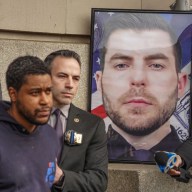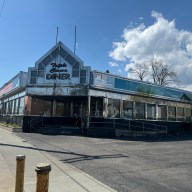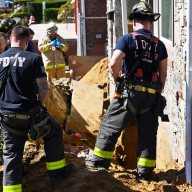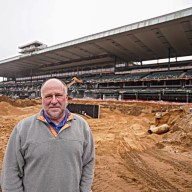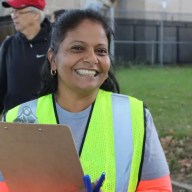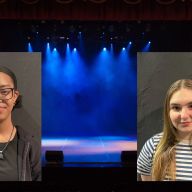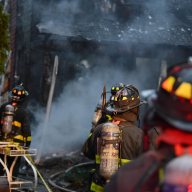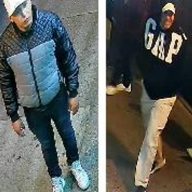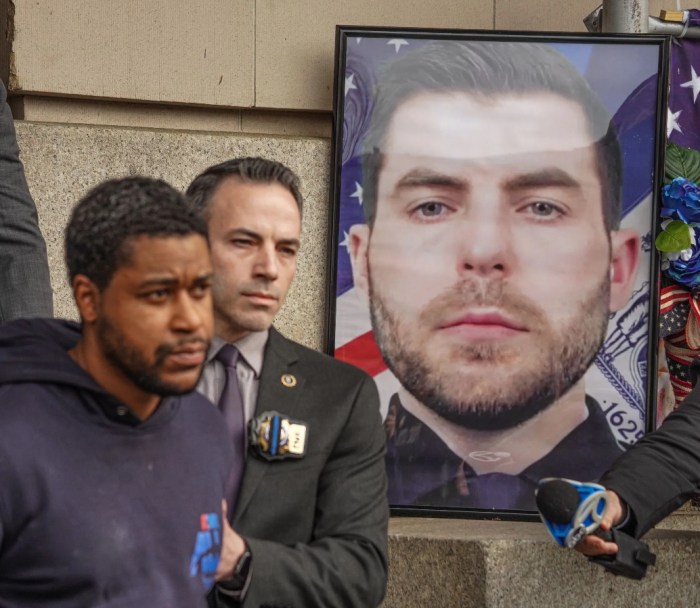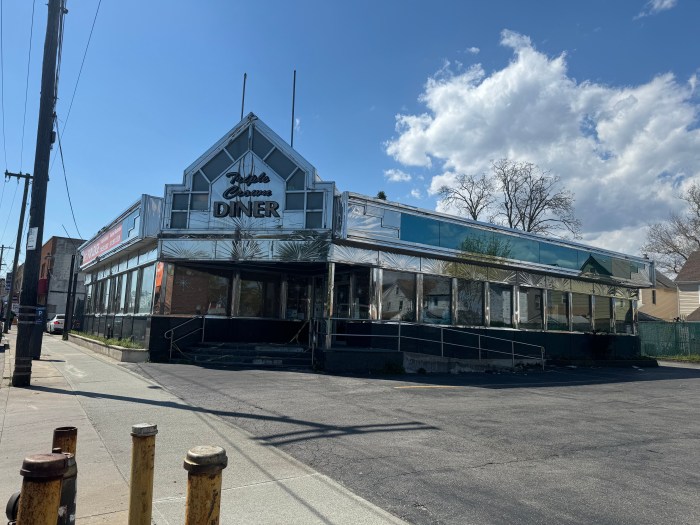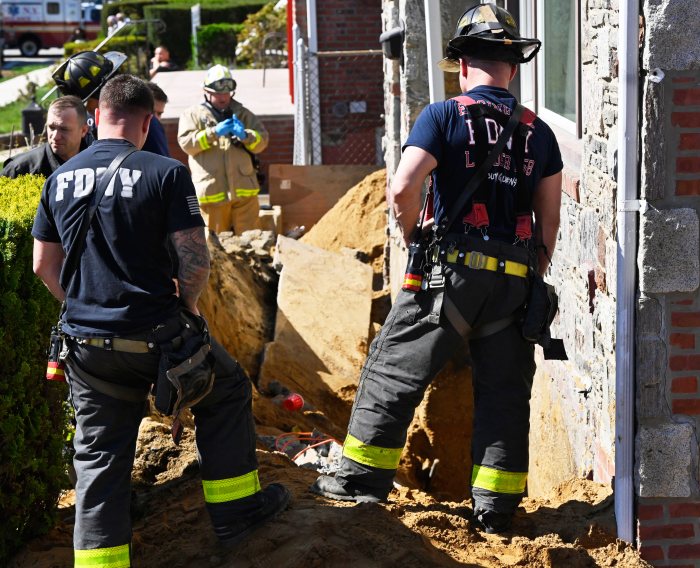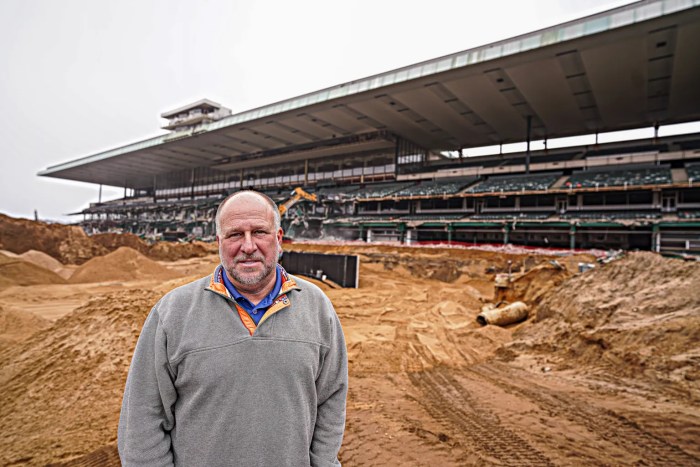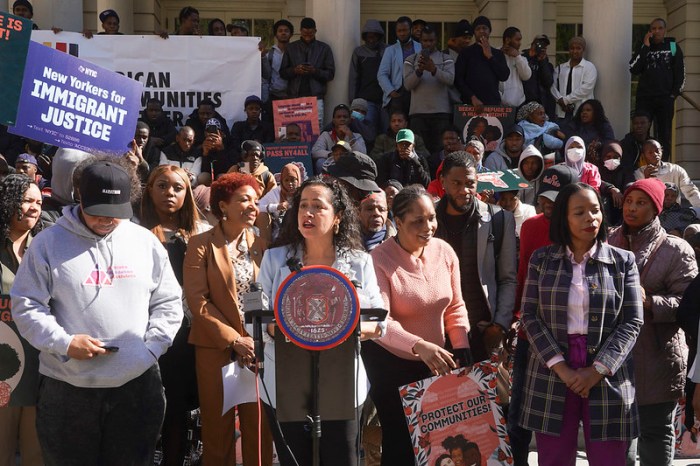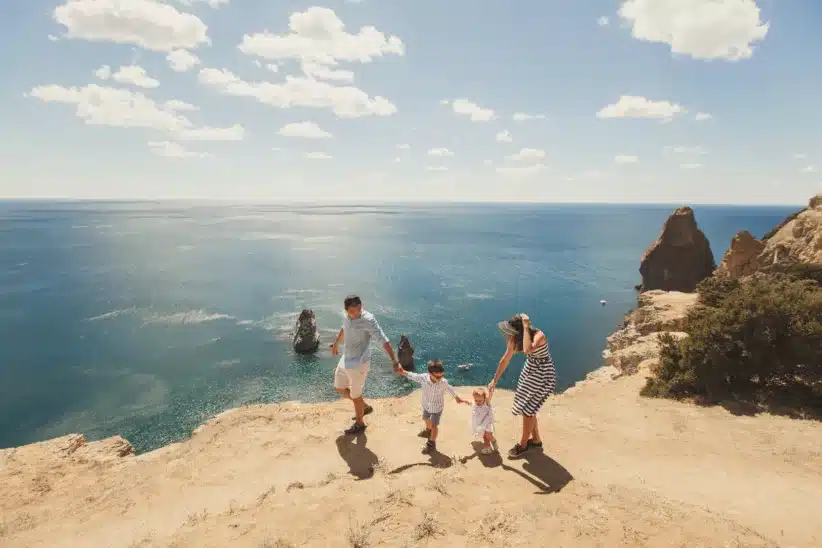By Dustin Brown
Lounging in the carpeted basement of a former Long Island City hospital one morning earlier this month, a group of Canadian students enjoyed a brief respite from an unconventional tour of New York City sites.
But none of the city’s most popular tourist destinations made it onto their itinerary, which included visiting an AIDS ward, serving food at a soup kitchen, speaking with the homeless and delivering lunches for officers from the 114th Police Precinct.
“It’s a very stretching experience,” said Terra Peterson, 18. “It pushes you out of your comfort zone.”
The students, enrolled in a yearlong program at Bethany Bible College in Canada, were gathered in the lounge of the new Long Island City home of the New York School of Urban Ministry. The non-denominational Christian organization offers real-world training that introduces people from churches across the country to “the needs and opportunities of the urban setting,” said Rev. Peter DeArruda, the executive vice president of the school.
Founded in 1984 by twin brothers, Rev. Robert Johansson and Rev. Paul Johansson, the ministry was originally housed in the former Lighthouse School for the Blind in Long Island City. The school moved two years ago into its current facility on 31st Avenue and 47th Street, which was dedicated in a ceremony held last month.
Staying in the Long Island City complex for a training session that would only last for one week, the Bethany students made up just a small drop in the flood of students who have passed through the school’s walls.
“Many people have left our ministry and returned back to their own city, and now they are spearheading compassion ministries on the front lines,” DeArruda said.
Others, like ministry administrator Karen Becker, decided to stay at the school as full-time employees after initially coming as students.
“Each person has a call on their life,” Becker said. “Whether they take it or not is up to them.”
While Becker believes her calling in life brought her to the school, the students from Bethany Bible College regarded their trip as a way to figure out what exactly their mission in life would be.
“There are so many things that I could be doing,” said Sarin Postma, one of the students from Bethany.
The building, which had previously been home to the Boulevard Hospital, was purchased from the Johnson & Johnson Corp. The former nursery and adjacent rooms have been transformed into the ministry’s offices, while the intensive care unit now serves as the chapel.
“Instead of working on the physical heart, now it’s working on the spiritual aspect of it,” said Steve Kulish, one of the administrators at the school.
The entire building was renovated with labor donated from individuals and organizations around the country, an ongoing process that continues still with the construction of classrooms in the basement.
But the renovation was put on hold following the World Trade Center disaster when part of the basement was transformed into a staging area, filled with relief supplies for police officers and volunteers involved in the rescue operation.
A tower of paper towels stacked eight-rows tall stood in the midst of boxes filled with dog food for the police canine units, as well as oatmeal, masks, goggles and blankets slated for delivery at the Fresh Kills landfill in Staten Island, where debris from the World Trade Center is being delivered.
With even the furniture in the Long Island City facility coming from donations, the school constantly depends on the goodwill of others to provide the resources that allow it to serve the community.
Often the pattern of giving and receiving becomes cyclical. The carpeting covering much of the floor in the dormitory space was donated from Building 7 of the World Trade Center, long before the destruction that would send some of its ministers back to the site to counsel rescuers.
Although the ministry is one of only countless organizations that responded to the events of Sept. 11, it is unique in the hands-on training it offers to good Samaritans from around the world.
“This is where the rubber meets the road,” DeArruda said. “It’s not the surreal, it’s the real world, New York is the real world. This is the world that beats with the heart.”
Reach reporter Dustin Brown by e-mail at Timesledger@aol.com or call 229-0300, Ext. 154.







